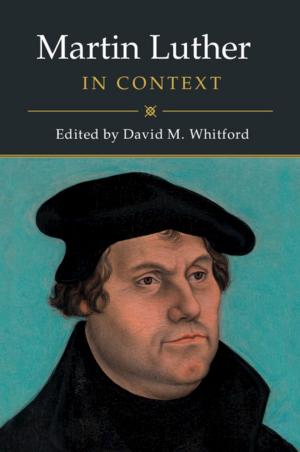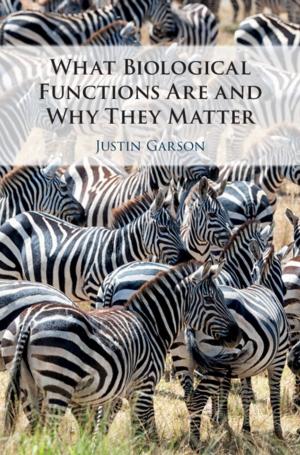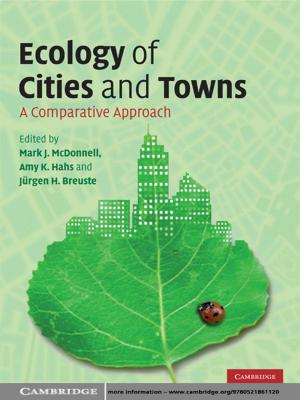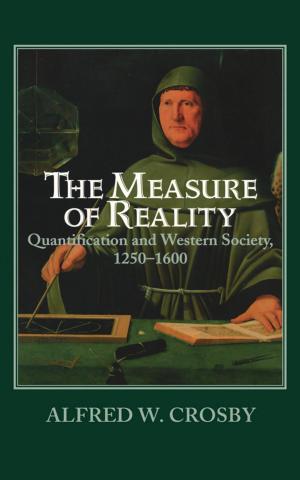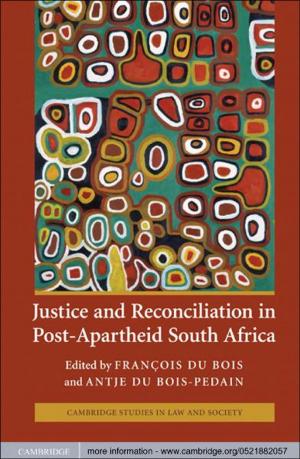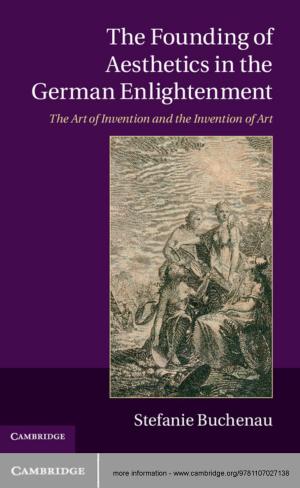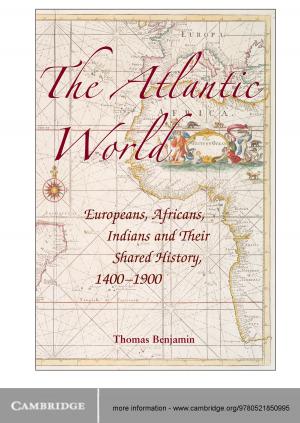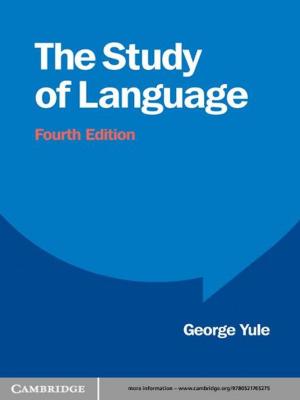Muslims of Medieval Latin Christendom, c.1050–1614
Nonfiction, History, Medieval, Religion & Spirituality| Author: | Brian A. Catlos | ISBN: | 9781139904063 |
| Publisher: | Cambridge University Press | Publication: | March 20, 2014 |
| Imprint: | Cambridge University Press | Language: | English |
| Author: | Brian A. Catlos |
| ISBN: | 9781139904063 |
| Publisher: | Cambridge University Press |
| Publication: | March 20, 2014 |
| Imprint: | Cambridge University Press |
| Language: | English |
Through crusades and expulsions, Muslim communities survived for over 500 years, thriving in medieval Europe. This comprehensive study explores how the presence of Islamic minorities transformed Europe in everything from architecture to cooking, literature to science, and served as a stimulus for Christian society to define itself. Combining a series of regional studies, Catlos compares the varied experiences of Muslims across Iberia, southern Italy, the Crusader Kingdoms and Hungary to examine those ideologies that informed their experiences, their place in society and their sense of themselves as Muslims. This is a pioneering new narrative of the history of medieval and early modern Europe from the perspective of Islamic minorities; one which is not, as we might first assume, driven by ideology, isolation and decline, but instead one in which successful communities persisted because they remained actively integrated within the larger Christian and Jewish societies in which they lived.
Through crusades and expulsions, Muslim communities survived for over 500 years, thriving in medieval Europe. This comprehensive study explores how the presence of Islamic minorities transformed Europe in everything from architecture to cooking, literature to science, and served as a stimulus for Christian society to define itself. Combining a series of regional studies, Catlos compares the varied experiences of Muslims across Iberia, southern Italy, the Crusader Kingdoms and Hungary to examine those ideologies that informed their experiences, their place in society and their sense of themselves as Muslims. This is a pioneering new narrative of the history of medieval and early modern Europe from the perspective of Islamic minorities; one which is not, as we might first assume, driven by ideology, isolation and decline, but instead one in which successful communities persisted because they remained actively integrated within the larger Christian and Jewish societies in which they lived.

